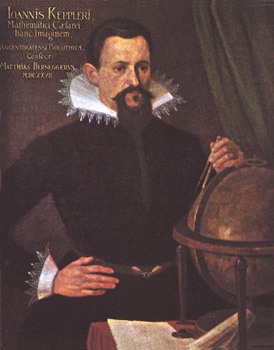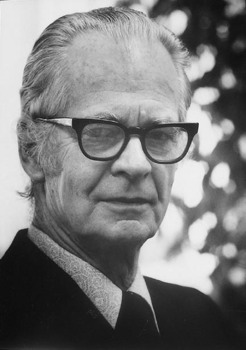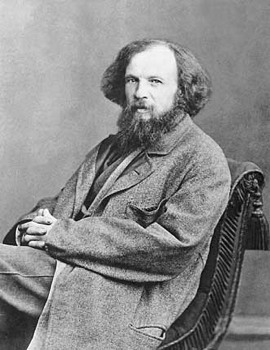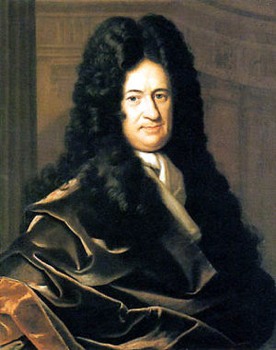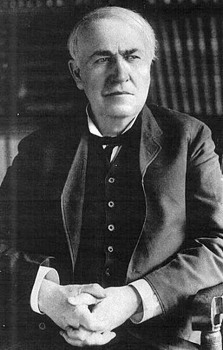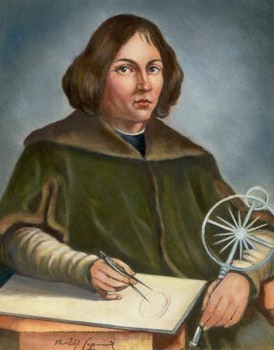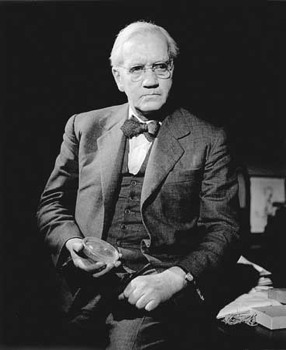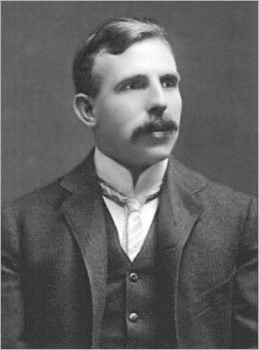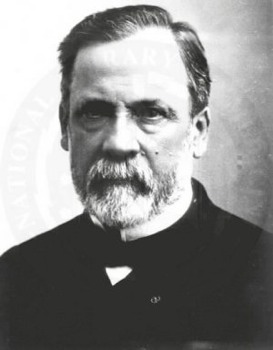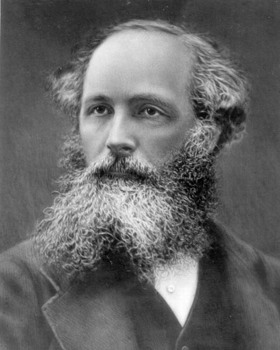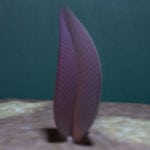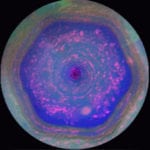 Mysteries
Mysteries  Mysteries
Mysteries  Creepy
Creepy 10 Scary Tales from the Middle Ages That’ll Keep You up at Night
 Humans
Humans 10 One-of-a-kind People the World Said Goodbye to in July 2024
 Movies and TV
Movies and TV 10 Holiday Movies Released at Odd Times of the Year
 Politics
Politics 10 Countries Where Religion and Politics Are Inseparable
 Weird Stuff
Weird Stuff 10 Freaky Times When Famous Body Parts Were Stolen
 Miscellaneous
Miscellaneous 10 Interesting Things Manufacturers Stopped Making and Why
 Gaming
Gaming 10 Funny Tutorials in Games
 History
History 10 Fascinating Little-Known Events in Mexican History
 Facts
Facts 10 Things You May Not Know about the Statue of Liberty
 Mysteries
Mysteries 10 Devastating Missing Child Cases That Remain Unsolved
 Creepy
Creepy 10 Scary Tales from the Middle Ages That’ll Keep You up at Night
 Humans
Humans 10 One-of-a-kind People the World Said Goodbye to in July 2024
Who's Behind Listverse?

Jamie Frater
Head Editor
Jamie founded Listverse due to an insatiable desire to share fascinating, obscure, and bizarre facts. He has been a guest speaker on numerous national radio and television stations and is a five time published author.
More About Us Movies and TV
Movies and TV 10 Holiday Movies Released at Odd Times of the Year
 Politics
Politics 10 Countries Where Religion and Politics Are Inseparable
 Weird Stuff
Weird Stuff 10 Freaky Times When Famous Body Parts Were Stolen
 Miscellaneous
Miscellaneous 10 Interesting Things Manufacturers Stopped Making and Why
 Gaming
Gaming 10 Funny Tutorials in Games
 History
History 10 Fascinating Little-Known Events in Mexican History
 Facts
Facts 10 Things You May Not Know about the Statue of Liberty
Another 10 Most Influential Scientists
Having had two days for our readers to mull over the first list of influential scientists, we are now presenting part two. This was submitted with the original list as a list of 20, so some of the names mentioned in the first list’s comments are absent – but fear not – it is only a matter of time before we will see the third set of ten as we document the greatest influential minds in science.
“I much prefer the sharpest criticism of a single intelligent man to the thoughtless approval of the masses.”
Kepler was a German mathematician and astronomer. A key figure in the 17th century scientific revolution. He is best known for his eponymous laws of planetary motion, codified by later astronomers based on his works Astronomia nova, Harmonices Mundi, and Epitome of Copernican Astrononomy. They also provided one of the foundations for Isaac Newton’s theory of universal gravitation.
Kepler also incorporated religious arguments and reasoning into his work, motivated by the religious conviction that God had created the world according to an intelligible plan that is accessible through the natural light of reason. Kepler described his new astronomy as “celestial physics”, as “an excursion into Aristotle’s Metaphysics”, and as “a supplement to Aristotle’s On the Heavens”, transforming the ancient tradition of physical cosmology by treating astronomy as part of a universal mathematical physics.
“A person who has been punished is not thereby simply less inclined to behave in a given way; at best, he learns how to avoid punishment.”
B. F. Skinner was an American psychologist and inventor. He invented the operant conditioning chamber, innovated his own philosophy of science called Radical Behaviourism, and founded his own school of experimental research psychology—the experimental analysis of behaviour. His analysis of human behaviour culminated in his work Verbal Behaviour, which has recently seen enormous increase in interest experimentally and in applied settings. In a recent survey, Skinner was listed as the most influential psychologist of the 20th century (above Sigmund Freud).
“Pleasures flit by – they are only for yourself; work leaves a mark of long-lasting joy, work is for others.”
Mendeleev was a Russian chemist and inventor. He is credited as being the creator of the first version of the periodic table of elements. Using the table, he predicted the properties of elements yet to be discovered.
“Everything that is possible demands to exist”
Gottfried Leibniz was a German scientist and mathematician. He invented infinitesimal calculus independently of Newton, and his notation is the one in general use since then. He also invented the binary system, foundation of virtually all modern computer architectures. He was, along with René Descartes and Baruch Spinoza, one of the three greatest 17th-century rationalists. Leibniz also made major contributions to physics and technology, and anticipated notions that surfaced much later in biology, medicine, geology, probability theory, psychology, linguistics, and information science. He also wrote on politics, law, ethics, theology, history, and philology, even occasional verse. His contributions to this vast array of subjects are scattered in journals and in tens of thousands of letters and unpublished manuscripts. As of 2008, there is no complete edition of Leibniz’s writings.
“Genius is one percent inspiration and ninety-nine percent perspiration.”
Edison was an American inventor who developed many devices that greatly influenced life around the world. Dubbed “The Wizard of Menlo Park” by a newspaper reporter, he was one of the first inventors to apply the principles of mass production and large teamwork to the process of invention, and therefore is often credited with the creation of the first industrial research laboratory. Edison is considered one of the most prolific inventors in history, holding 1,093 U.S. patents in his name, as well as many patents in the United Kingdom, France and Germany. He is credited with numerous inventions that contributed to mass communication and, in particular, telecommunications.
“Mathematics is written for mathematicians.”
Copernicus was a Polish astronomer and mathematician who was the first astronomer to formulate a scientifically based heliocentric cosmology that displaced the Earth from the centre of the universe. His epochal book, De Revolutionibus Orbium Coelestium (On the Revolutions of the Celestial Spheres), is often regarded as the starting point of modern astronomy and the defining epiphany that began the Scientific Revolution. Among the great polymaths of the Renaissance, Copernicus was also a physician, classical scholar, translator, Catholic cleric, jurist, governor, military leader, diplomat and economist. Among his many responsibilities, astronomy figured as little more than an avocation — yet it was in that field that he made his mark upon the world.
“It is the lone worker who makes the first advance in a subject; the details may be worked out by a team, but the prime idea is due to enterprise, thought, and perception of an individual.”
Fleming was a Scottish biologist and pharmacologist. He published many articles on bacteriology, immunology, and chemotherapy. His best-known achievements are the discovery of the enzyme lysozyme in 1922 and the discovery of the antibiotic substance penicillin from the fungus Penicillium Notatum in 1928, for which he shared the Nobel Prize in Physiology or Medicine in 1945 with Howard Florey and Ernst Chain.
“All science is either physics or stamp collecting.”
Rutherford was a New Zealand physicist and chemist who became known as the father of nuclear physics. He pioneered the orbital theory of the atom through his discovery of Rutherford scattering off the nucleus with his gold foil experiment. He was awarded the Nobel Prize in Chemistry in 1908.
“Fortune favors the prepared mind.”
French chemist and biologist, Louis Pasteur is best known for his remarkable breakthroughs in the causes and prevention of disease. His experiments supported the germ theory of disease, also reducing mortality from puerperal fever (childbed), and he created the first vaccine for rabies. He was best known to the general public for inventing a method to stop milk and wine from causing sickness – this process came to be called pasteurization. He is regarded as one of the three main founders of microbiology, together with Ferdinand Cohn and Robert Koch. He also made many discoveries in the field of chemistry, most notably the asymmetry of crystals.
“There is nothing more practical than a good theory.”
Scottish mathematician and physicist. His most significant achievement was the development of the classical electromagnetic theory, synthesizing all previous unrelated observations, experiments and equations of electricity, magnetism and even optics into a consistent theory. His set of equations—Maxwell’s equations—demonstrated that electricity, magnetism and even light are all manifestations of the same phenomenon: the electromagnetic field. From that moment on, all other classical laws or equations of these disciplines became simplified cases of Maxwell’s equations.
Maxwell also developed the Maxwell distribution, a statistical means to describe aspects of the kinetic theory of gases. These two discoveries helped usher in the era of modern physics, laying the foundation for future work in such fields as special relativity and quantum mechanics. He is also known for creating the first true colour photograph in 1861.
Maxwell is considered by many physicists to be the nineteenth century scientist with the greatest influence on twentieth century physics. His contributions to the science are considered by many to be of the same magnitude as those of Isaac Newton and Albert Einstein. In 1931, on the centennial of Maxwell’s birthday, Einstein himself described Maxwell’s work as the “most profound and the most fruitful that physics has experienced since the time of Newton”.
For the most influential scientists numbered 1 to 10, see the first list in this series.
This article is licensed under the GFDL because it contains quotations from Wikipedia.
Contributor: Mongoose
